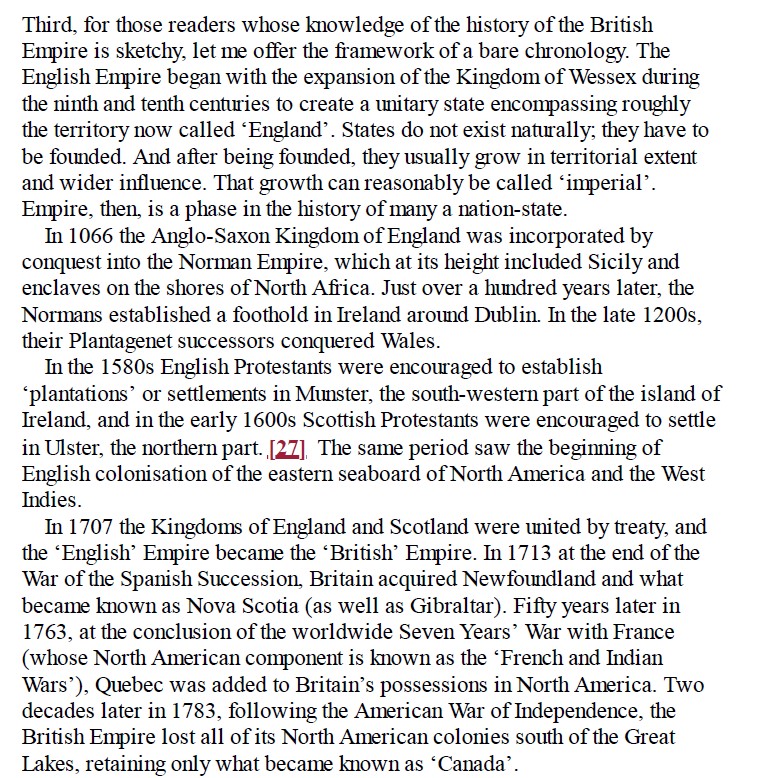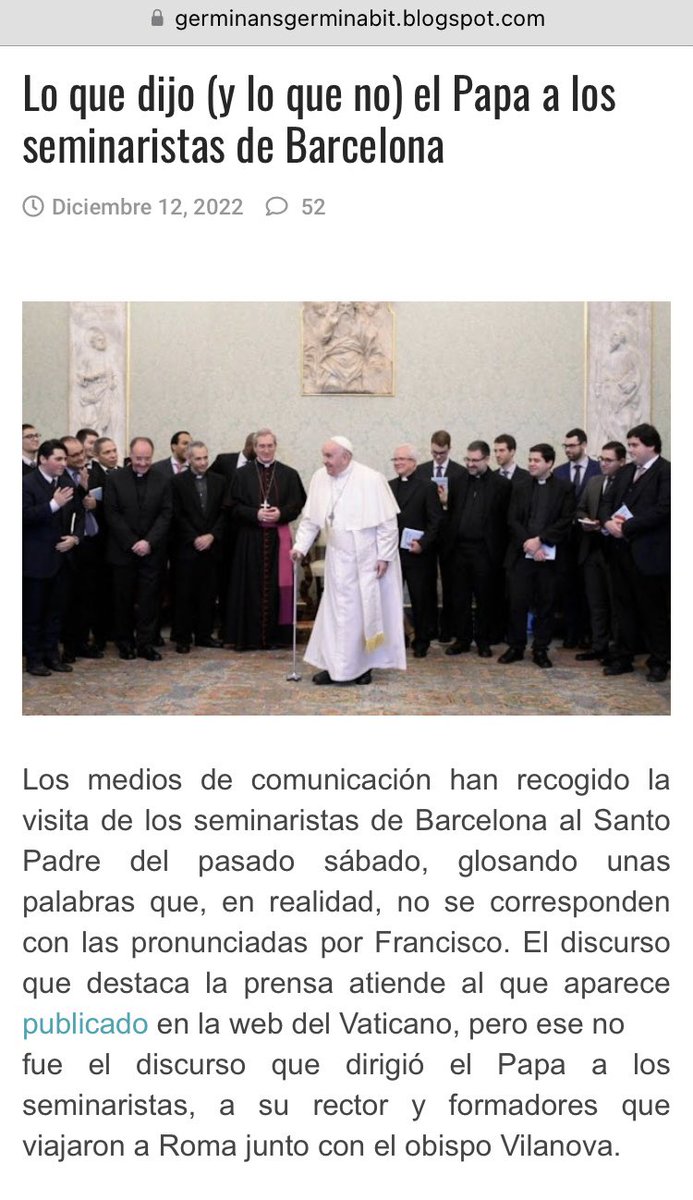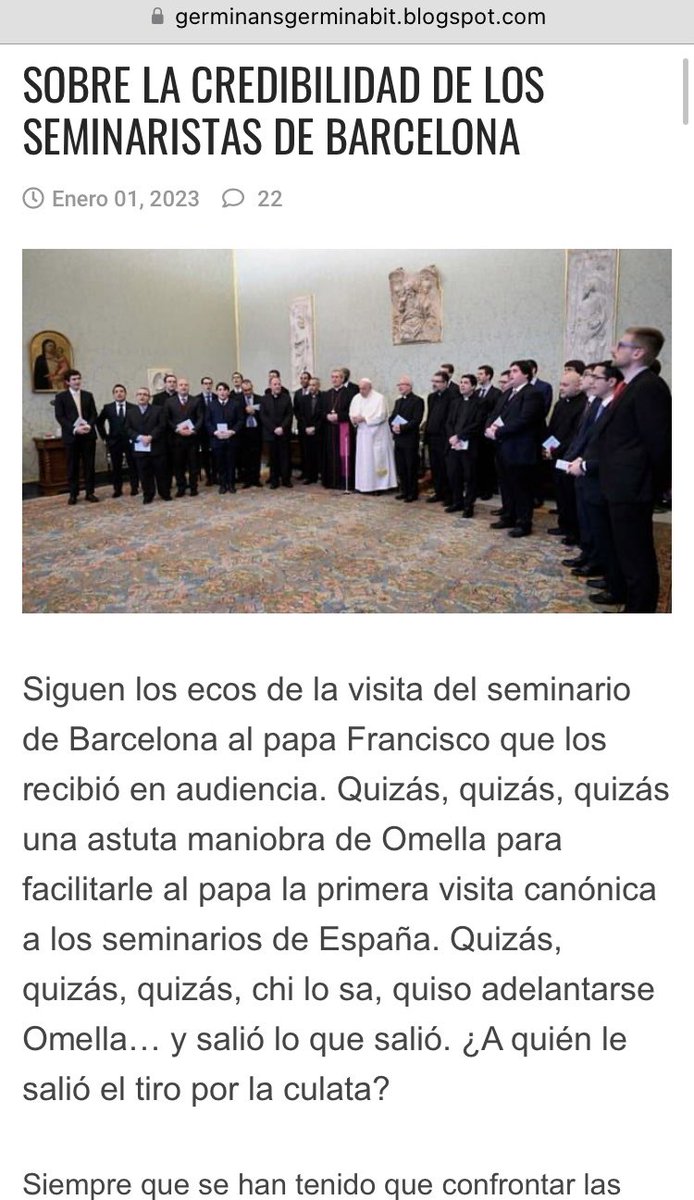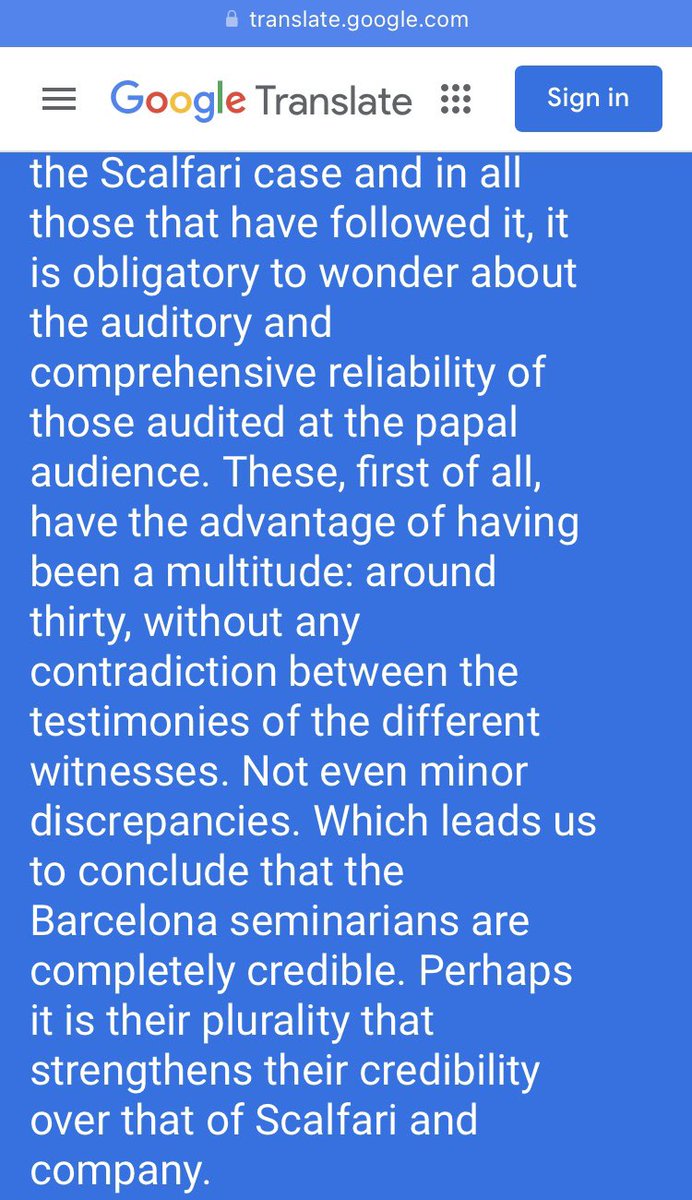The more I read - and I've read a fair few theses and dozens upon dozens of articles since penning a 20,000-word rant on the subject a couple of weeks back - the more I become convinced of a few central facts in Ireland's catechetical collapse since the 1960s. /1
Content is necessary, but not sufficient; however, at least in terms of formal school-based religious education we've gone from thinking content both necessary and sufficient to thinking of it as neither necessary nor sufficient. /2
Even in the 1940s and 1950s shortcomings were identifiable in Ireland's school and parishes in terms of formal catechesis, but culture did heavy lifting, providing a 'social catechumenate' that filled gaps. There were concerns then that this wouldn't last; it hasn't. /3
The twentieth century's stages of catechetical renewal didn't really hit Ireland in a meaningful way until 1964, when Johannes Hoffinger gave a series of lectures here. Hoffinger had been a key figure in the shift from a more 'dogmatic' to a more 'kerygmatic' catechesis. /4
Basically, and *very* crudely put, this was a decades-long shift from a catechesis that treated the formulations of the faith as revelation to one that focused on God's self-revelation and message especially through Scripture and the experience of Liturgy. /5
The five or six years after Hoffinger’s lectures and the conclusion of the Council saw a frenzy of activity, almost as though Ireland was trying to do a speed-renewal, catching up after decades of lagging. Kergymatic thinking never got a chance to bed in. /6
Confusion was pretty much immediate; parents fell silent, feeling as impotent in the face of the changes as when confronted with ‘new maths’, thinking teachers must have a handle on it, but secondary teachers, for instance, didn’t know what to do with the new 1966 syllabus. /7
Within a couple of years, that syllabus was thrown out, as though to prove that things weren’t being given a chance. Everything was being rushed. And then the third big catechetical phase began! /8
America had been late to the renewal party, but it came on board determinedly around 1960; within a decade, and without kerygmatic Catechesis having had a real chance, a more ‘anthropological’ Catechesis began with the Irish-American De La Salle Brother Gabriel Moran. /9
Moran, hailed in a 1970 Furrow as ‘the prophet’ of this new stage of catechetical renewal, emphasised experience, recognising as others had long done that a massive challenge in Catechesis is to join faith and life, and treating our own lives as sources of revelation. /10
With the might of English-speaking numbers and American wealth behind it, and in the feverish excitement of a protean Catechetical revolution, this thinking knocked the Jungmann and Hoffinger-led keygmatic Message-centred approach off the board. /11
Rome in the 1970s was clearly troubled by bad ideas getting headway in Catechesis and RE, but as with Vatican II’s decree on religious education, 1971’s catechetical directory and 1979’s Catechesis encyclical went unheeded here to a massive degree, as though we knew it all. /12
1980 saw the publication of ‘Christian Religious Education’ by another Irish-American. Tom Groome, a Kildare-born former priest, argued for a model of religious education that starts with experience, moves to faith, and returns to experience, based around five ‘movements’. /13
Groome was a massive hit in Ireland, with his Irishness seemingly helping. Even in recent years he wrote a guiding essay in the official NCCA Leaving Cert guidelines for RE Teachers, and variations on his approach have fuelled numerous RE programmes sponsored by our bishops. /14
Groome’s approach is largely modelled on the story of the Road to Emmaus, which he sees as starting with ‘experience’; that the episode is itself preceded by a lengthy and profound religious experience with this being discussed at the start is bizarrely glossed over. /15
In his NCCA essay he presents his approach not as ‘shared Christian praxis’ but as ‘shared praxis’ a system for sharing religious meaning or ‘spiritual wisdom’, whatever the creed. That Christianity might be more than this - much more - isn’t even considered. /16
Obviously, this is broad-brush stuff, but I’m tweeting on a bus from memory! Anyway, what we have then is a technique for sharing generic spiritual wisdom being treated as a default catechetical approach in Ireland, and being treated as such for decades. /17
Now, schoolbooks of the 1980s and 1990s followed Groome and Moran and indeed the Irishman Dermot Lane in frontloading experience or what they imagined to be students’ experience. Content was in practice treated as an inconvenience, or as Derek Scally puts it, an afterthought. /18
Scally also observes that his schoolbooks worked as ‘proprietary software’: meaningful content was kept out of the hands of students and teachers weren’t helped to share it. Parents, who’d largely given up in confusion in the late 1960s, were in effect pushed further away. /19
By 1999 there was actual data that schools, parishes, and families weren’t working together on catechesis and RE, these being ‘islands apart’. The party line was that parishes and parents weren’t working, but schools were doing fine. I don’t think any evidence supports this. /20
By this point, and with Church credibility in tatters for utterly self-inflicted reasons, the push was on to make Religious Education subject to state exams. The feeling was this was needed for people to take it seriously. AND MY BUS IS ARRIVING - more later! 21/21
• • •
Missing some Tweet in this thread? You can try to
force a refresh

 Read on Twitter
Read on Twitter








